Tag: education


The political left’s shmoo theory of education
January 25, 2017 | Post
“Education” is not some homogeneous blob individuals accumulate.

5 types of school choice: Which has the least government involvement?
January 24, 2017 | Post
In some types of school choice (like open enrollment programs and charter schools) the government plays a big role. And in others (like voucher programs and education savings accounts) not so much.
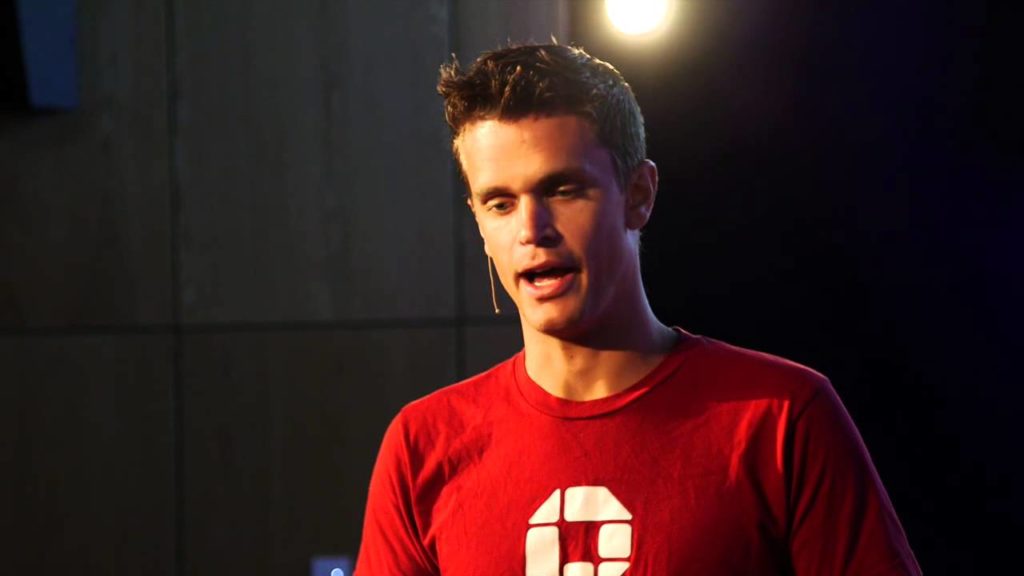
Reddit AMA with Isaac Morehouse, founder of Praxis, Tuesday January 24th
January 18, 2017 | Post
Join us on Reddit for an AMA (“ask me anything”) discussion with Isaac Morehouse on Tuesday, January 24th, at 3:00pm EST.

Why education isn’t a public good — and why government doesn’t have to provide it
January 18, 2017 | Post
Calling education a public good is potentially dangerous.
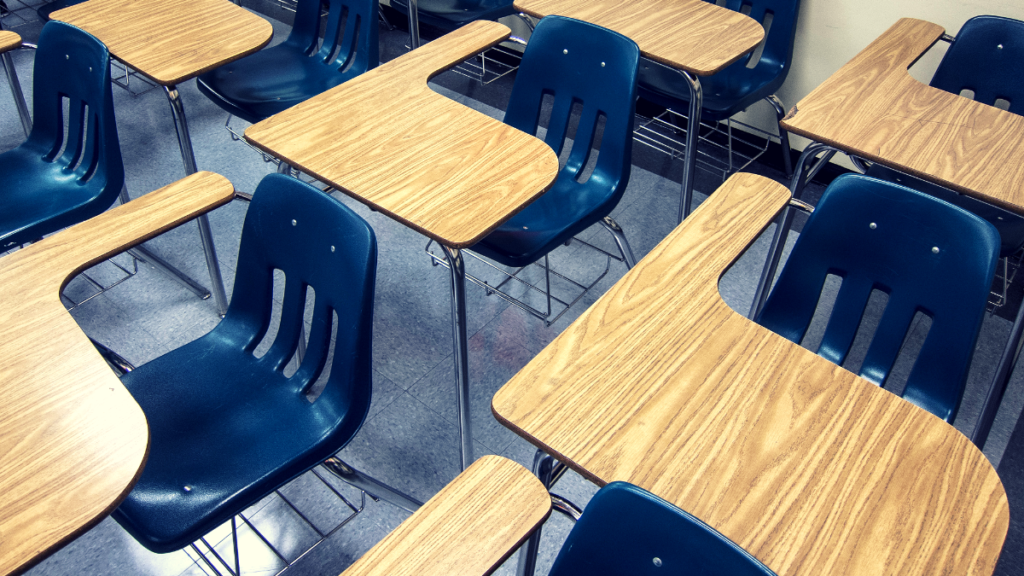
How entrepreneurs can make better schools for real kids
January 17, 2017 | Post
Suppose that there are children throughout America who are utterly disengaged in their assigned public school each day, but that are absolutely riveted by the sports news on TV or YouTube each night. Suppose that at least one set of their parents realize their sports nut child is uninterested in school because it targets the instruction and examples to generic children.
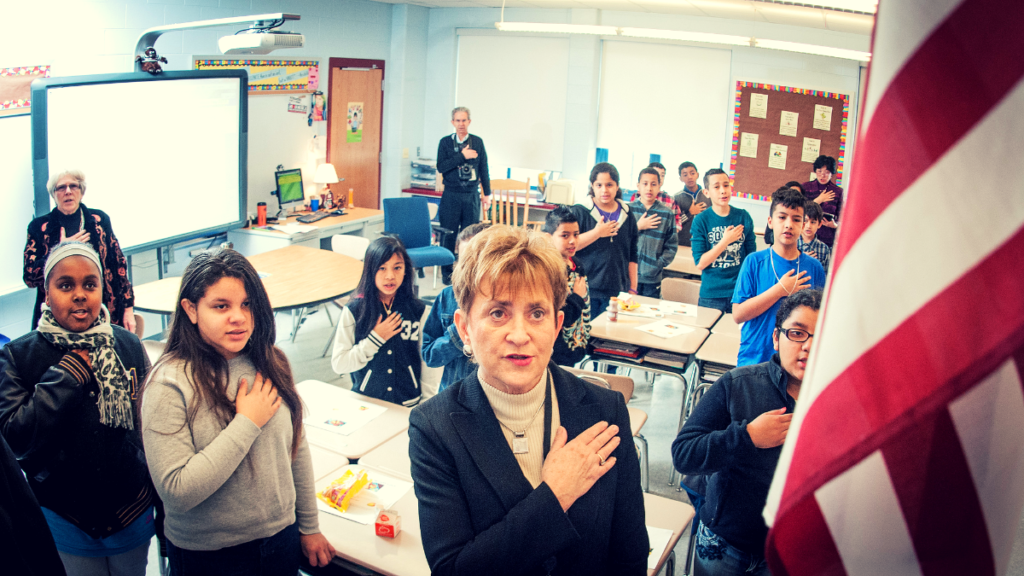
A champion of “absolutely unlimited competition” in education
January 15, 2017 | Post
In 1926, J. Gresham Machen testified before a congressional committee regarding a proposed federal department of education. In the first minute of his testimony, he explained that the purpose of the bill was “to promote uniformity in education,” which, he asserted, “is the worst fate into which any country can fall.”
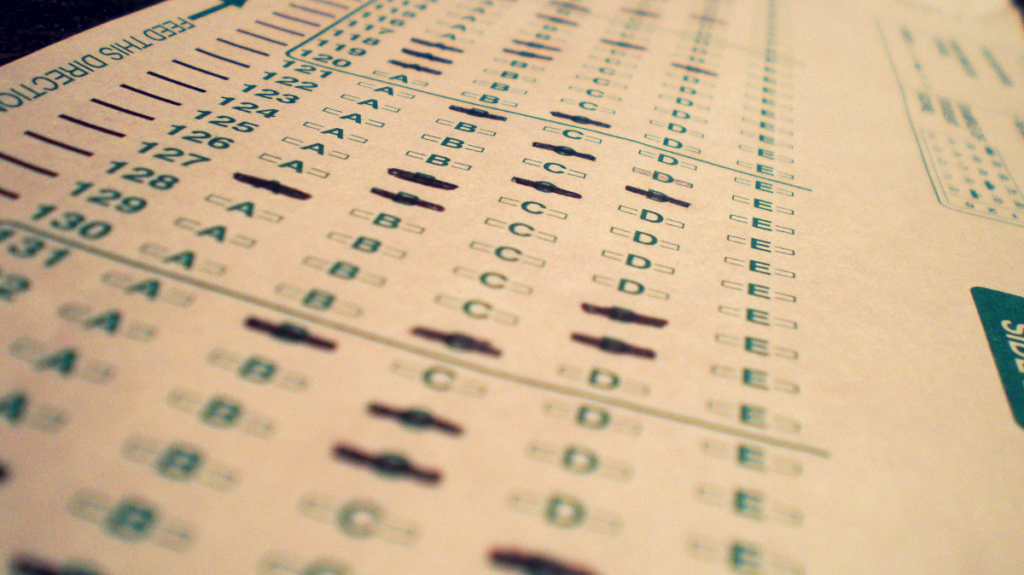
What standard should we use to judge school choice?
January 14, 2017 | Post
“Perhaps the voucher movement ought to be called the ‘Make schools accountable to parents’ movement.” – Arnold Kling
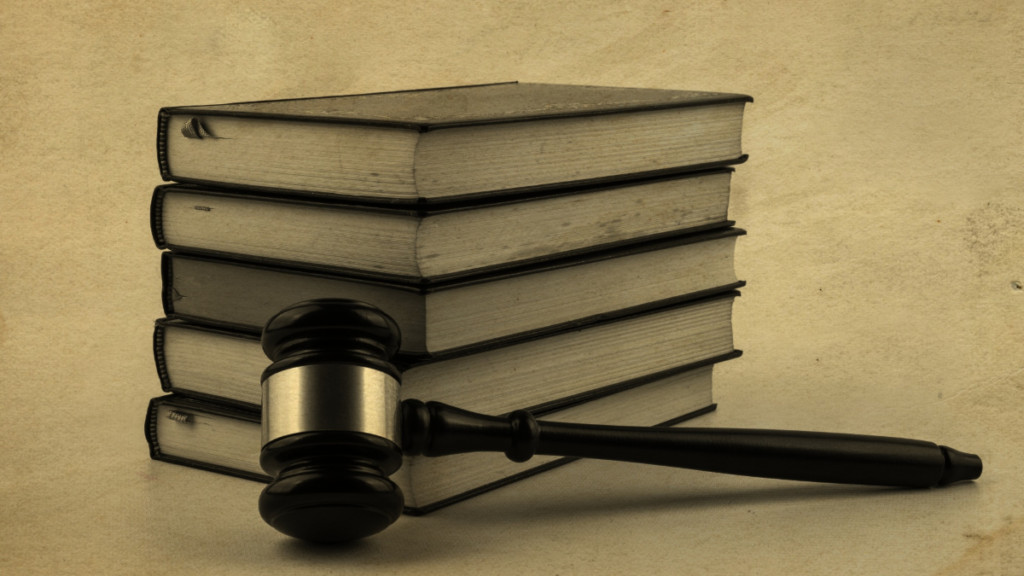
University athletes punished for bad thoughts
January 13, 2017 | Post
The new trend of university administrators arbitrarily punishing their men’s sports teams is even worse than I thought

Why schools should be businesses (sort of)
January 10, 2017 | Post
Why is a model of education that is also profitable seen as such a bad thing?
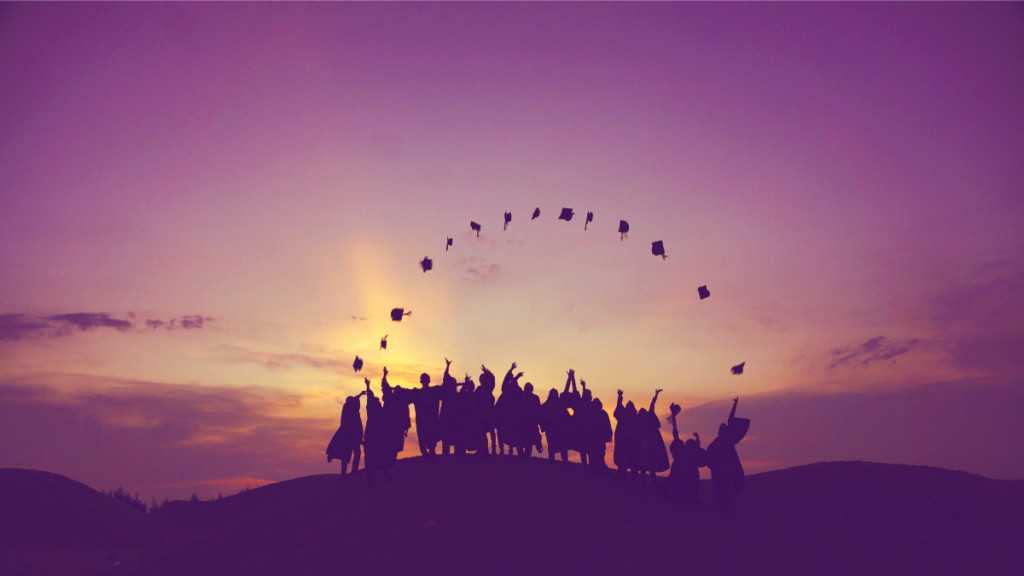
What is college good for?
January 9, 2017 | Post
How many of you would spend the time you are spending, pay the money you are paying, and do the things you have to do as a student if at the end of your time at this university, you wouldn’t receive a degree?

Do colleges have an edifice complex, an amenities arms race, or both?
January 7, 2017 | Post
College construction has focused more on creating non-academic than academic space, and about half of all college space today is for non-academic use.
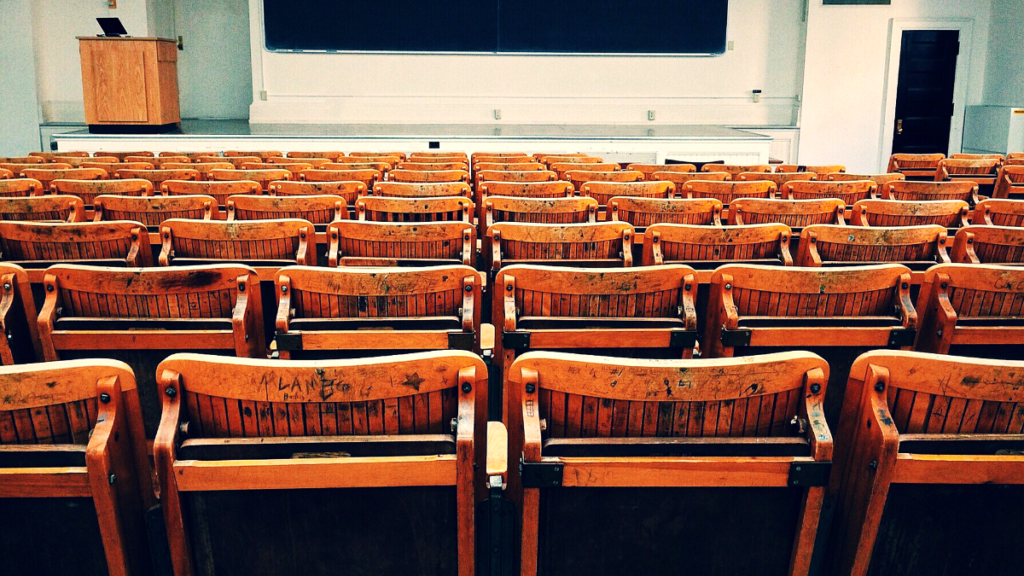
Making college “free” will only make it more expensive.
January 3, 2017 | Post
Making higher education free of charge won’t make it free to provide.

School choice benefits teachers too
January 2, 2017 | Post
Which group of teachers should benefit more? The ones that forcefully receive resources from the taxpayers, or the ones that produce educational outcomes that are desired by children and parents?

The biggest threat on campus
December 11, 2016 | Post
It is the examined life that both George and West view as the purpose of a liberal-arts education. Its goal, that is, is to encourage critical reflection on the biggest questions; to lead us into an intellectual engagement that fulfills our nature as thinking beings; to help us achieve self-mastery; to enlarge our souls.

Trump’s Secretary of Education pick is good news for religious freedom.
December 9, 2016 | Post
However, DeVos’s nomination has come under assault because she supports vouchers that enable parents to, among other options, send their children to religious schools.

The devaluation of higher education
November 3, 2016 | Post
Like any other economic good, the value of a higher education degree is determined on the market, at the intersection of the subjective valuations and appraisements of those constituting the supply and demand of that particular good.

Reasons to be optimistic
October 17, 2016 | Post
Beneath the surface there’s a lot of progress occurring that should make us all feel a little more optimistic about the future.

Why Government Doubles Down on Policy Mistakes
September 30, 2016 | Post
“Nothing is so permanent as a temporary government program.” — Milton Friedman

5 Myths About School Choice
September 20, 2016 | Post
Last month, Last Week Tonight host John Oliver covered charter schools, calling for more government oversight. While Oliver explicitly declined to discuss “whether or not charter school are a good idea in principle,” his focus on failed and mismanaged charter schools has upset many charter school supporters and re-ignited debates about the value of school choice.

How the Amish Led the Fight Against Compulsory Schooling
September 12, 2016 | Post
Because students educated at home or in private schools regularly outperform students in public schools, it seems reasonable to conclude that such accommodations have not had a detrimental effect on the quality of education in these states.
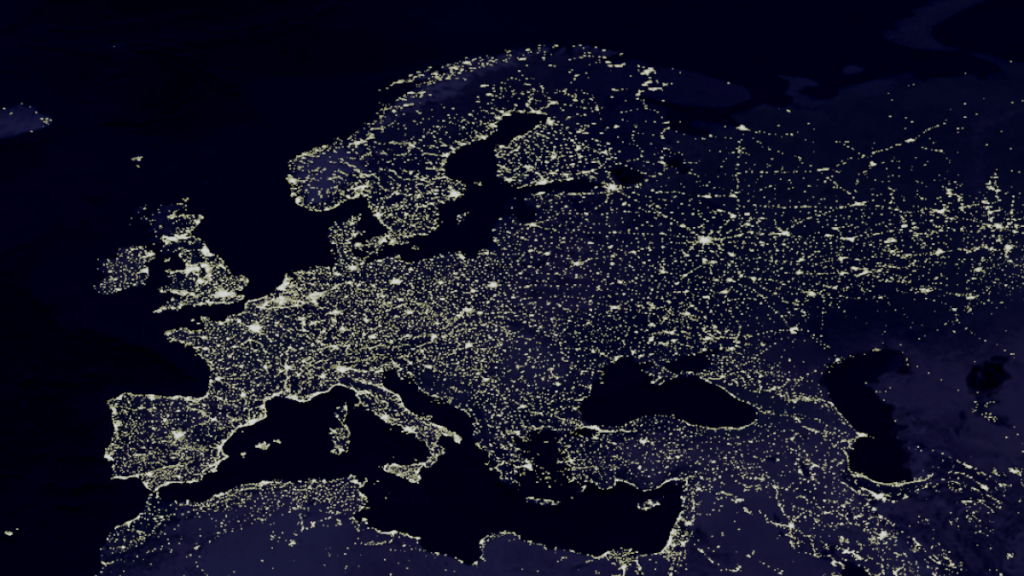
From brain drain to skills-flow: How high-skilled immigrants makes us all better off
September 6, 2016 | Post
Emigration restrictions are guaranteed to injure the would-be emigrants in exchange for a very small positive effect on those who would not emigrate – if there is a positive effect at all. It’s a foolish policy that does more harm to more people than just letting skilled foreigners seek jobs where they are most highly valued.

Blog Contest: Professors Who Inspire
August 2, 2016 | Post
Learn Liberty is happy to announce its first-ever blog contest! Each month we’ll be announcing a theme, and inviting fans to compete to have their writing published on Learn Liberty’s blog. For the next two weeks we will be accepting your original blog article submissions for consideration. Once the submission window has closed on Tuesday, […]

Should I Go to Grad School?
May 9, 2016 | Post
Should I go to grad school? I’ve benefited enormously from great advice from friends and mentors like Pete Boettke, Tyler Cowen, Deirdre McCloskey, Mike Munger, John Nye, and many others (here, for example, is the indispensable IHS publication Scaling the Ivory Tower, to which I still refer periodically). If I could go back in time […]

What J.K. Rowling Does And Doesn't Do for Native Americans
April 29, 2016 | Post
The ControversyIn preparation for the November 2016 release of her upcoming film, Fantastic Beasts and Where to Find Them (which is set in 1920s New York City and features MACUSA, the Magical Congress of the United States of America), J.K. Rowling has shifted her focus from Harry Potter’s Great Britain to North America. Last month […]

